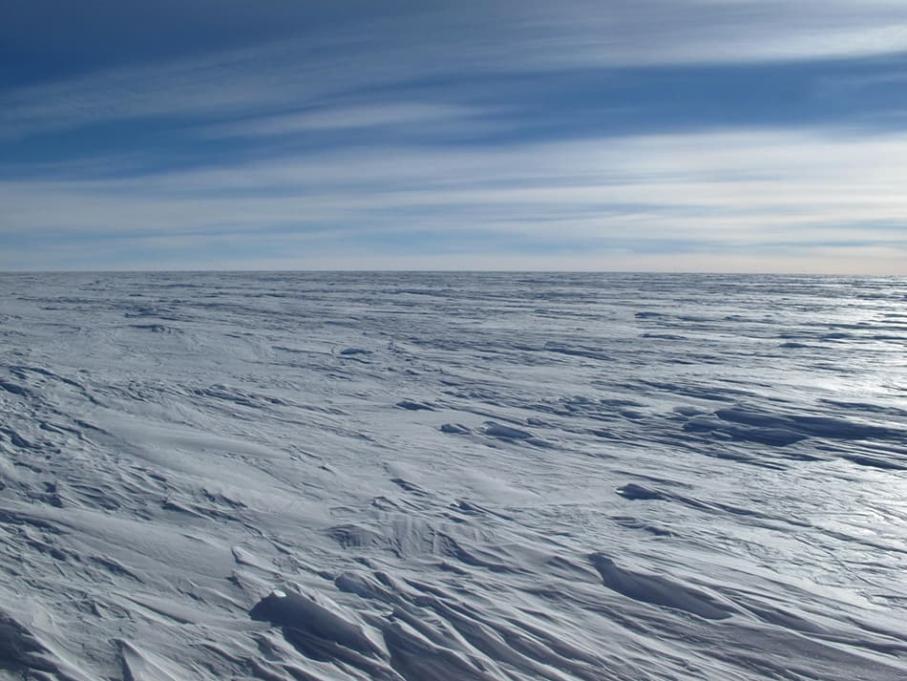Polar Regions: Unveiling the Enigmatic Beauty and Fragility of Earth's Frozen Frontiers
The polar regions, encompassing the Arctic and Antarctica, are captivating in their beauty and enigmatic in their fragility. These vast, icy landscapes hold immense importance for the planet's climate and biodiversity, yet they face growing threats from human activities.

Captivating Beauty Of Polar Regions:
- Mesmerizing Landscapes: The polar regions are home to awe-inspiring landscapes, from towering icebergs and glaciers to vast snow-covered plains.
- Unique Ecosystems: Polar regions harbor unique ecosystems adapted to extreme cold and harsh conditions, supporting diverse wildlife, including polar bears, penguins, seals, and whales.
Importance Of Polar Regions:
- Climate Regulators: Polar regions play a crucial role in regulating global climate patterns, influencing ocean currents and atmospheric circulation.
- Indicators of Environmental Change: Polar regions are sensitive indicators of environmental change, providing valuable insights into the impacts of climate change and other human activities.
Fragility Of Polar Ecosystems:
- Delicate Balance: Polar ecosystems are delicately balanced, with species adapted to specific habitats and food webs. Disturbances to these ecosystems can have cascading effects.
- Interconnectedness of Species: Species in polar regions rely on each other for survival, forming complex interconnected food webs. The loss of one species can have ripple effects throughout the ecosystem.
Threats To Polar Regions:
- Climate Change: Rising global temperatures are causing polar ice caps to melt at an alarming rate, leading to sea-level rise and disruptions to weather patterns.
- Pollution: Pollutants, such as microplastics and toxic chemicals, are transported to polar regions through air and ocean currents, contaminating ecosystems and harming wildlife.
- Overexploitation: Unsustainable fishing practices and resource extraction activities in polar regions threaten marine life and disrupt delicate ecosystems.
Consequences Of Polar Degradation:
- Global Climate Disruptions: Melting polar ice caps contribute to sea-level rise, increasing the risk of coastal flooding and erosion. Additionally, changes in polar ice cover can alter weather patterns, leading to more extreme weather events.
- Loss of Biodiversity: Polar regions are home to unique species found nowhere else on Earth. Climate change and habitat loss threaten these species with extinction, diminishing global biodiversity.
Conservation And Preservation Efforts:
- International Collaboration: International agreements, such as the Antarctic Treaty System, aim to protect polar regions and regulate human activities in these areas.
- Sustainable Practices: Encouraging sustainable tourism, research, and resource extraction practices can help minimize the impact on polar ecosystems.
- Public Awareness and Education: Raising public awareness about the importance of polar regions and the threats they face is crucial for fostering support for conservation efforts.
Recapitulating The Enigmatic Beauty And Fragility Of Polar Regions:
The polar regions are captivating in their beauty, yet fragile in their ecosystems. Human activities, particularly climate change, pollution, and overexploitation, pose significant threats to these regions. The consequences of polar degradation are far-reaching, affecting global climate patterns, biodiversity, and human communities. International collaboration, sustainable practices, and public awareness are essential for preserving these unique and irreplaceable environments.
Call To Action:
The preservation of polar regions is a collective responsibility. Individuals, communities, and governments must take action to protect these fragile ecosystems. Supporting conservation efforts, adopting sustainable practices, and raising awareness about the importance of polar regions are crucial steps towards ensuring their survival for future generations.
YesNo

Leave a Reply